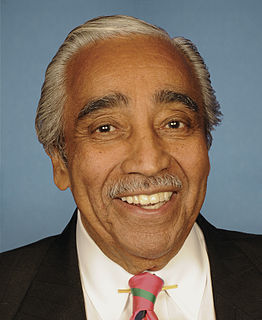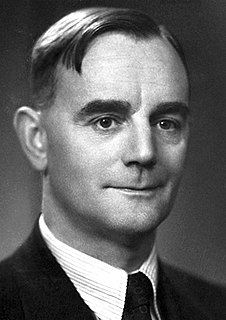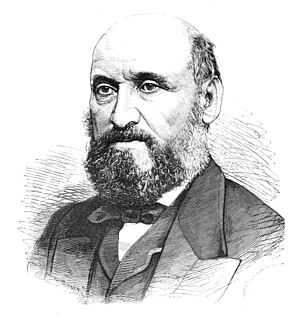A Quote by Friedrich Engels
In science, each new point of view calls forth a revolution in nomenclature.
Quote Topics
Related Quotes
The computer revolution is a revolution in the way we think and in the way we express what we think. The essence of this change is the emergence of what might best be called procedural epistemology-the study of the structure of knowledge from an imperative point of view, as opposed to the more declarative point of view taken by classical mathematical subjects.
I have found a certain type calls himself a Liberal...Now I always thought I was a Liberal. I came up terribly surprised one time when I found out that I was a Right-Wing Conservative Extremist, when I listened to everybody's point of view that I ever met, and then decided how I should feel. But this so-called new Liberal group, Jesus, they never listen to your point of view.
It is for Muslim scholars to study the whole history of Islamic science completely and not only the chapters and periods which influenced Western science. It is also for Muslim scholars to present the tradition of Islamic science from the point of view of Islam itself and not from the point of view of the scientism, rationalism and positivism which have dominated the history of science in the West since the establishment of the discipline in the early part of the 20th century in Europe and America.
The optimist is right. The pessimist is right. The one differs from the other as the light from the dark. Yet both are right. Each is right from his own particular point of view, and this point of view is the determining factor in the life of each. It determines as to whether it is a life of power or impotence, of peace or of pain, of success or of failure.
You have heard of the new chemical nomenclature endeavored to be introduced by Lavoisier, Fourcroy, &c. Other chemists of this country, of equal note, reject it, and prove in my opinion that it is premature, insufficient and false. These latter are joined by the British chemists; and upon the whole, I think the new nomenclature will be rejected, after doing more harm than good. There are some good publications in it, which must be translated into the ordinary chemical language before they will be useful.
The advantages of a uniform statistical nomenclature, however im- perfect, are so obvious, that it is surprising no attention has been paid to its enforcement in bills of mortality. Each disease has in many instances been denoted by three or four terms, and each term has been applied to as many different diseases ; vague, inconvenient names have been employed, or complications have been registered, instead of primary diseases. The nomenclature is of as much importance in this depart- ment of inquiry as weights and measures in the physical sciences, and should be settled without delay.
But every point of view is a point of blindness: it incapacitates us for every other point of view. From a certain point of view, the room in which I write has no door. I turn around. Now I see the door, but the room has no window. I look up. From this point of view, the room has no floor. I look down; it has no ceiling. By avoiding particular points of view we are able to have an intuition of the whole. The ideal for a Christian is to become holy, a word which derives from “whole.









































